Three Actions We Want to See at COP28
Reducing emissions from food loss and waste is critical to getting the world’s climate goals back on track — and COP28 is our chance to take action.


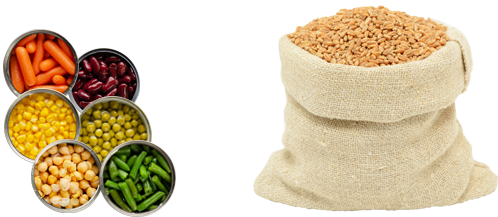
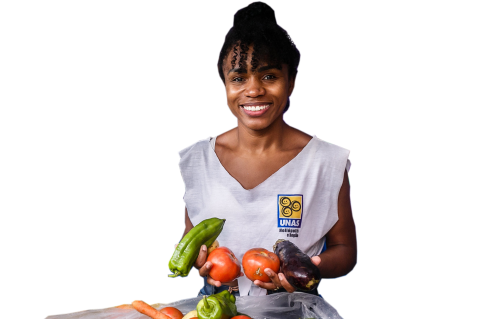
Climate change is forcing people from their homes, bringing extreme poverty to already vulnerable communities, and becoming a major driver of food insecurity. At the same time, our food systems account for one-third of global emissions. That’s why at COP28, it is critical that countries take action on food – and locally led food banks can help.
Reducing emissions from food loss and waste is key.
The world produces enough food for everyone, yet 735 million people face hunger and one-third of all food produced is lost or wasted. By recovering surplus food, redistributing it to communities facing hunger, and preventing it from sitting in landfills and emitting greenhouse gases, food banks play an important and innovative role in ensuring that food ends up where it’s intended: in the hands of our neighbors.
Food Loss and Waste Day at COP28
On December 8, 2023 we’re hosting Food Loss and Waste Day at COP28’s Food Systems Pavilion. Explore the day’s in-person and virtual events below to help us shine a light on food loss and waste solutions and strategies

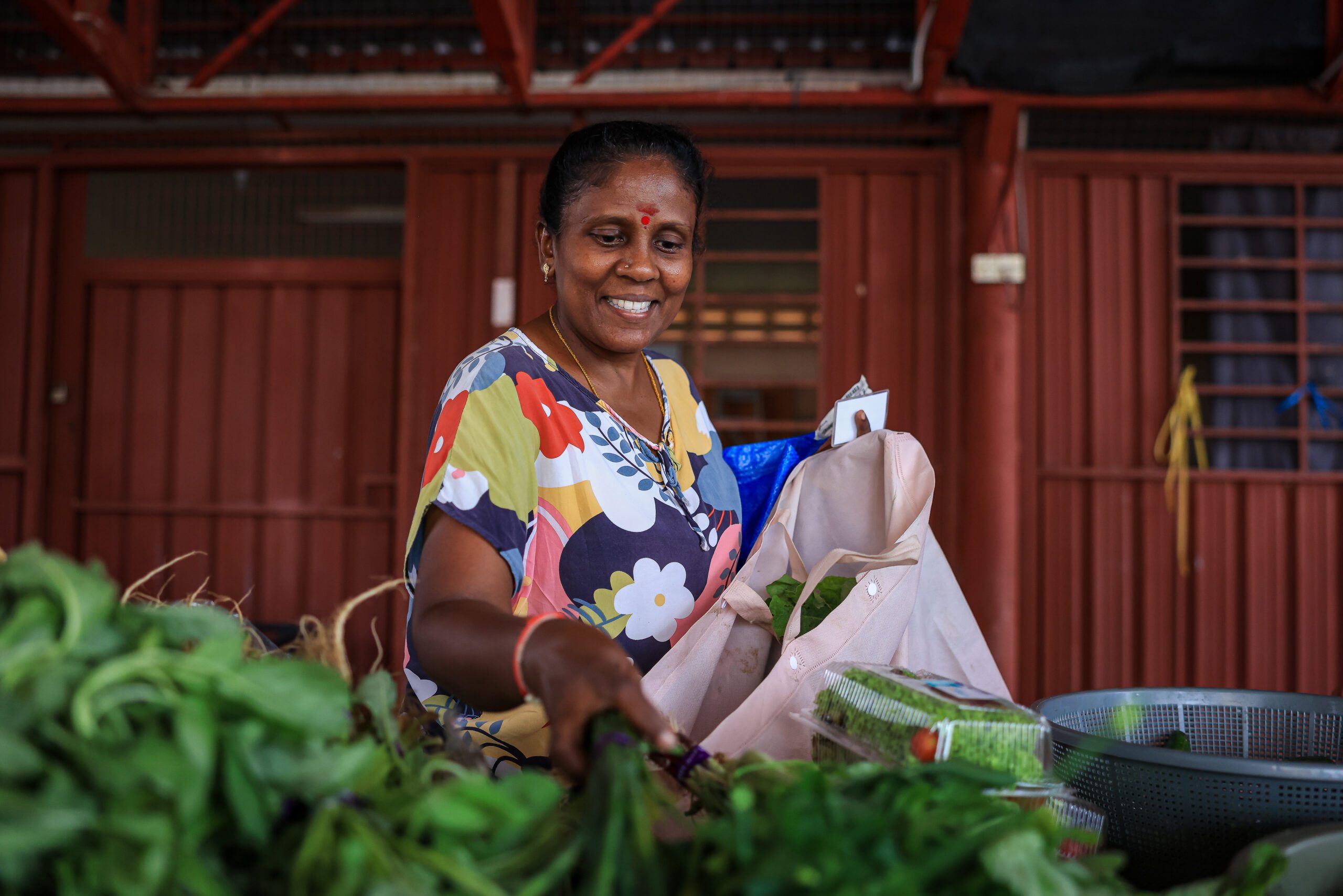
Reducing emissions from food loss and waste is critical to getting the world’s climate goals back on track — and COP28 is our chance to take action.
On Friday, December 8, 2023, join us for an entire day of conversations and connections dedicated to bringing attention to food loss and waste (FLW) and climate change, with special attention being paid to strategies, idea-sharing, and solutions.
Sessions will be held at COP28’s Food Systems Pavilion, located in the Blue Zone, at Expo City, Dubai. All sessions will be live streamed on YouTube.
For media information or interview/comment requests, please see our media advisory.
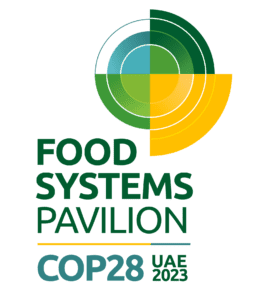
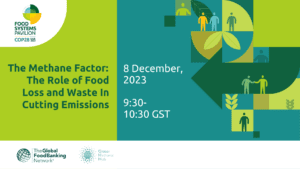 The Methane Factor: The Role of Food Loss and Waste in Cutting Emissions
The Methane Factor: The Role of Food Loss and Waste in Cutting Emissions
9:30-10:30 GST | Watch the Live Stream
At COP26 in Glasgow, the Global Methane Pledge was signed by over 100 countries that committed to reduce their methane emissions by 30% by 2030. The food system is one of the leading contributors to methane emissions—with the majority of contributions deriving from livestock and food loss and waste (FLW).This session, designed in collaboration with the Global Methane Hub, will explore how new methodologies can help to better understand and measure the efficacy of food loss and waste interventions to reduce methane emissions, such as food recovery and redistribution.
Further, the session will highlight how the development of more robust data can inform countries’ climate strategies, and support the inclusion of proven interventions within Nationally Determined Contributions (NDCs), more private sector action, and the development of financial mechanisms to incentivize increased investment in FLW interventions, including through food banking.
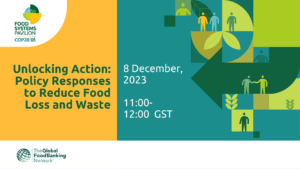
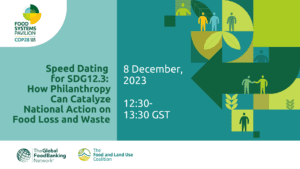 Speed Dating for SDG12.3: How Philanthropy Can Catalyze National Action on Food Loss and Waste
Speed Dating for SDG12.3: How Philanthropy Can Catalyze National Action on Food Loss and Waste
12:30-13:30 GST | Watch the Live Stream
Food loss and waste is a key contributor to the climate crisis. Ambitious multi-sector and multi-stakeholder solutions are needed to achieve SDG12.3 – to halve food loss and waste (FLW) by 2030 – and deliver nutrition security. Philanthropy can play a critical role in catalyzing these solutions and delivering meaningful local action.
This event will dive into how and where philanthropic action can be meaningful and showcase meaningful examples from Kenya, Ethiopia, Indonesia, USA and Mexico. We invite interested philanthropies and solution providers to join us for 30 minutes ‘speed-dating’ to discuss questions of ‘where and how can we partner’ to deliver SDG12.3.This event is hosted by the Food and Land Use Coalition (FOLU) in partnership with WRI, Champions12.3, WRAP, ReFed, Bezos Earth Fund, IKEA Foundation and Roberston Foundation.
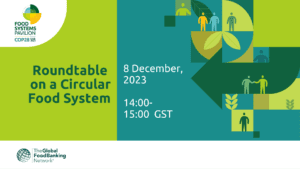
We will explore how circular approaches can be adapted and applied to agriculture, manufacturing, retail, hospitality, and the food service industry. We will explore how collecting and re-distributing surplus food, including through food banking, is a time-tested approach to reduce waste and increase food access.
This session will ask: What are the challenges to making this shift? What are the policies needed? And how can we mobilize finance resources to create real incentives and behavior change?
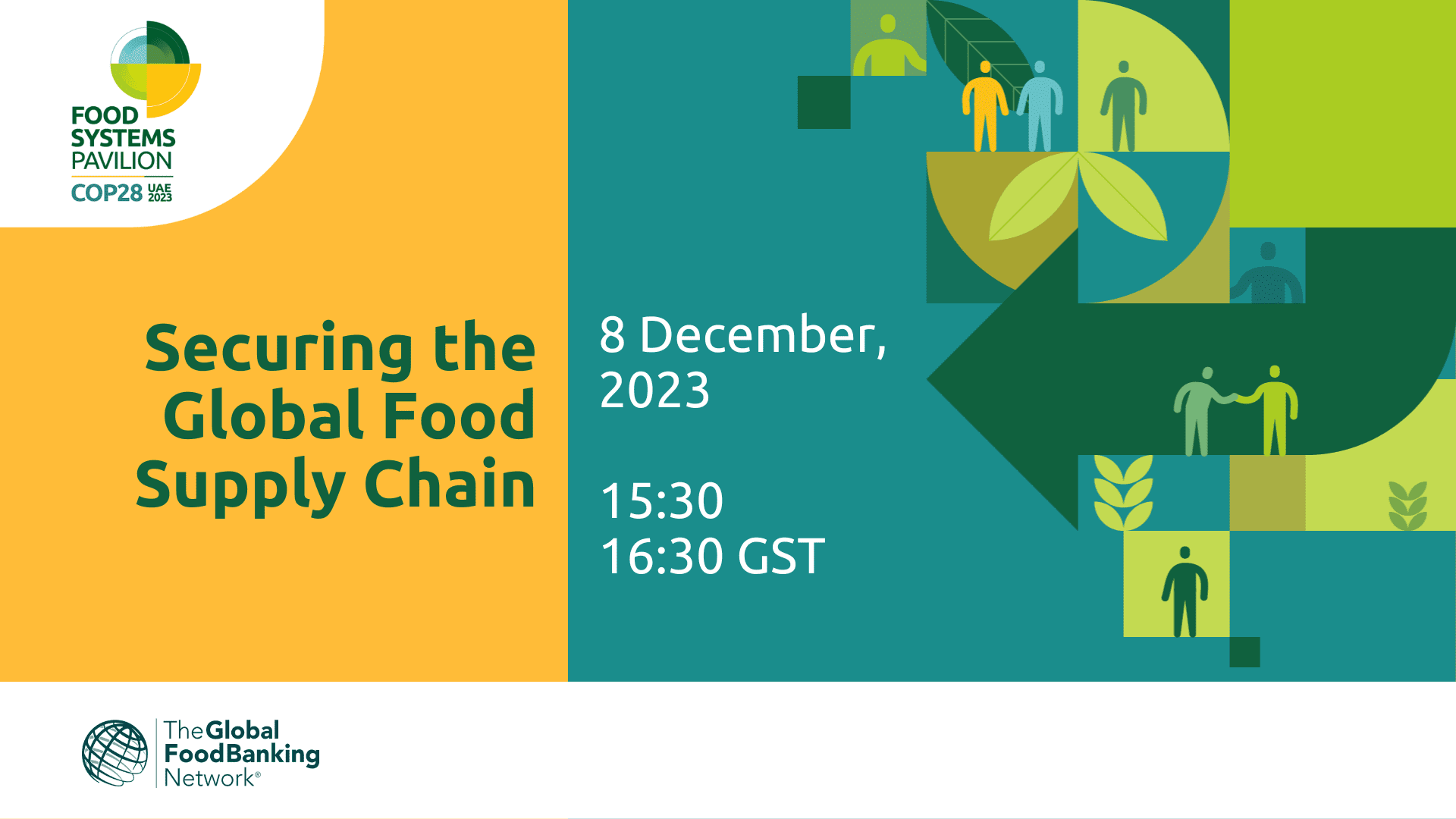 Securing the Global Food Supply Chain
Securing the Global Food Supply Chain
15:30-16:30 GST | Watch the Live Stream
In a world challenged by climate change, economic disparities, and geopolitical complexities, ensuring the stability and efficiency of the global food supply chain is of utmost importance. Transforming food systems to make them more resilient and inclusive, and leveraging them as engines of economic growth and prosperity for all, is at the heart of this critical endeavor. How can global supply chain operations play a vital role in supporting these goals?
The session will introduce how supply chains, from ports and economic zones, to packing houses and markets, and across the distribution infrastructure that brings food into people’s homes, can be leveraged to solve a myriad of food system challenges, including the reduction of food loss and waste.
Panelists will explore how stakeholders are seeking to leverage global, region, national and sub-national supply chains to ensure surplus food can be rescue and mitigate supply chain disruptions, protecting vulnerable communities, support small holder farmers and how partnerships across sectors can enhance food security locally, nationally and on a global scale
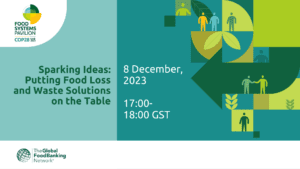
Sparking Ideas: Putting Food Loss and Waste Solutions on the Table
17:00-18:00 GST | Watch the Live Stream
With a growing understanding of the interconnection between the food system and climate change, the world needs urgent action that will speed and scale progress, including to reduce food loss and waste.
Through a series of inspiring, ground-breaking, lightning-round interventions by leaders in the field, this session aims to identify ideas, innovations and solutions to spur bold action and change in the food system. Featuring leaders across government, business and civil society, the session will introduce ideas that collectively present a path forward that extends far beyond COP28 and inspires action in the years to come.
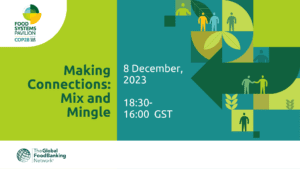 Making Connections: Mix and Mingle
Making Connections: Mix and Mingle
18:30-19:30 GST
This session will be a time for leaders, practitioners and advocates to meet, spark ideas to reduce food loss and waste, and discuss opportunities to partner together. Short remarks will be delivered by Lisa Moon. President & CEO, The Global FoodBanking Network.
Hear from GFN’s CEO and President Lisa Moon at the following events.
Around the world, locally led solutions to reduce food loss and waste are already in action – and with more support from governments, businesses, and NGO partners, they can do so much more. Here are just a few.
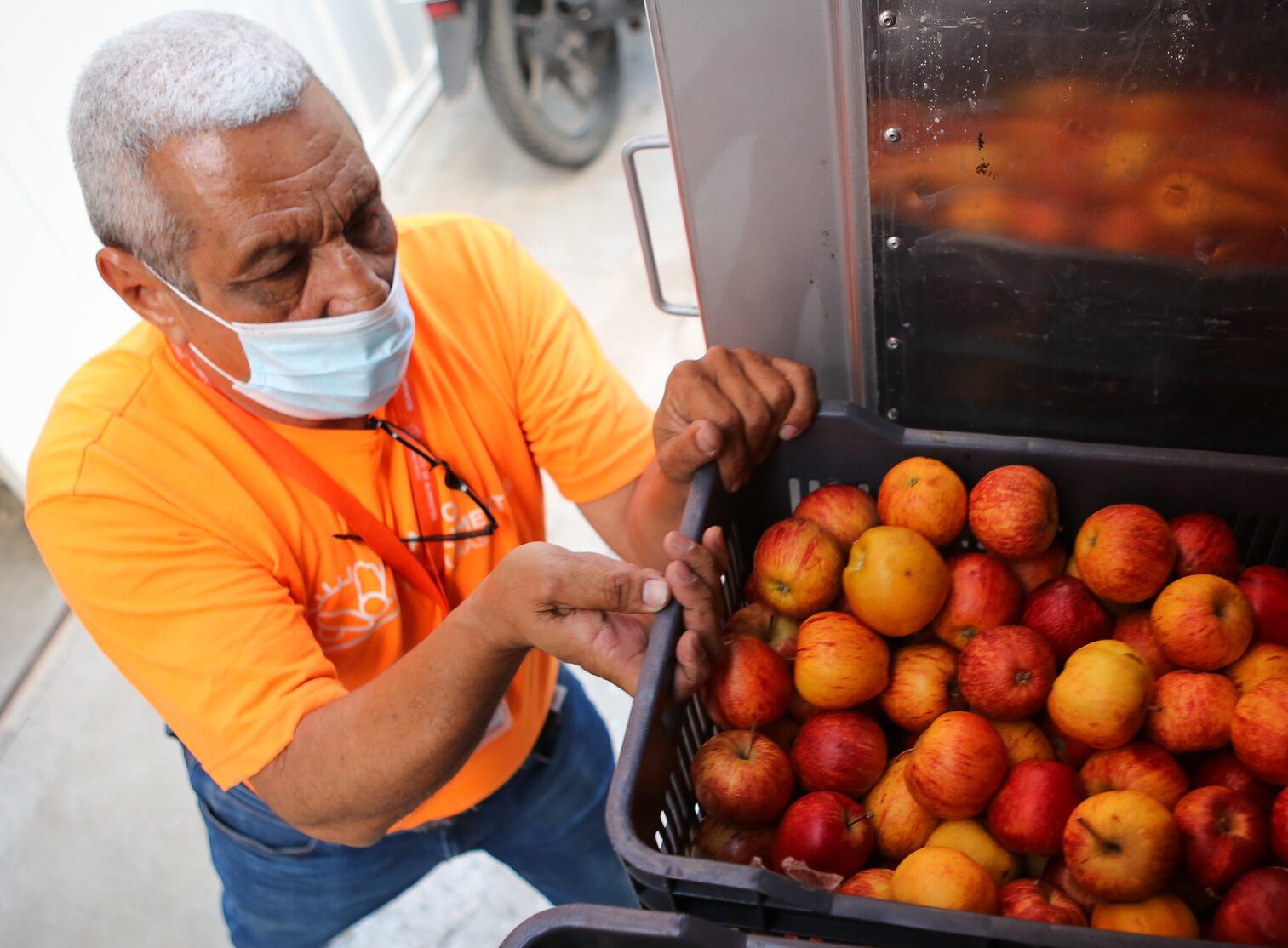
Confusing laws and gaps in legal frameworks can inhibit food recovery. Explore our food donation policy research, recommendations, and best practices through the interactive Global Food Donation Policy Atlas.
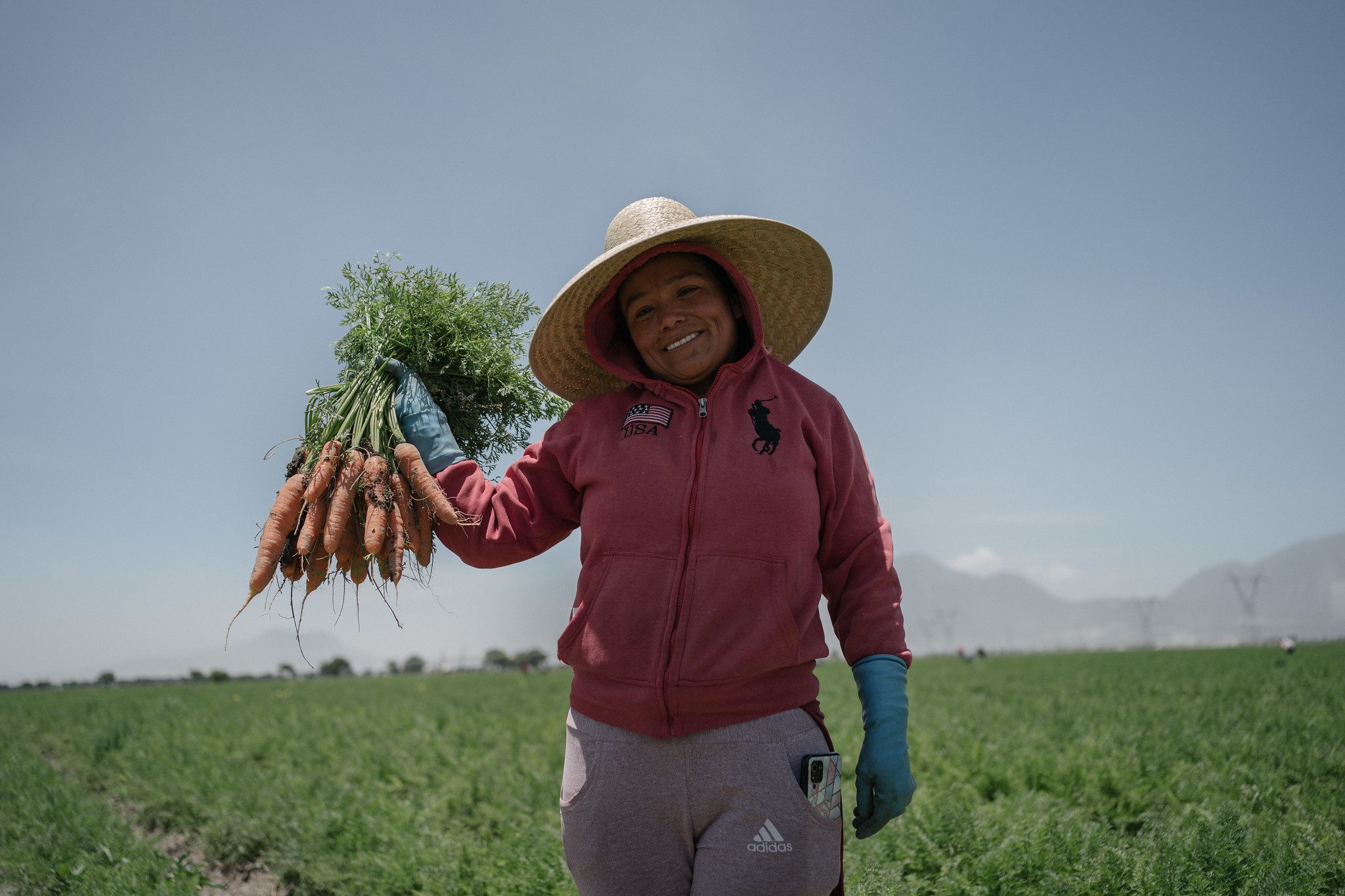
From agricultural recovery and urban farming to food policy action, food banks around the world are reducing food loss and waste and promoting sustainable food systems.
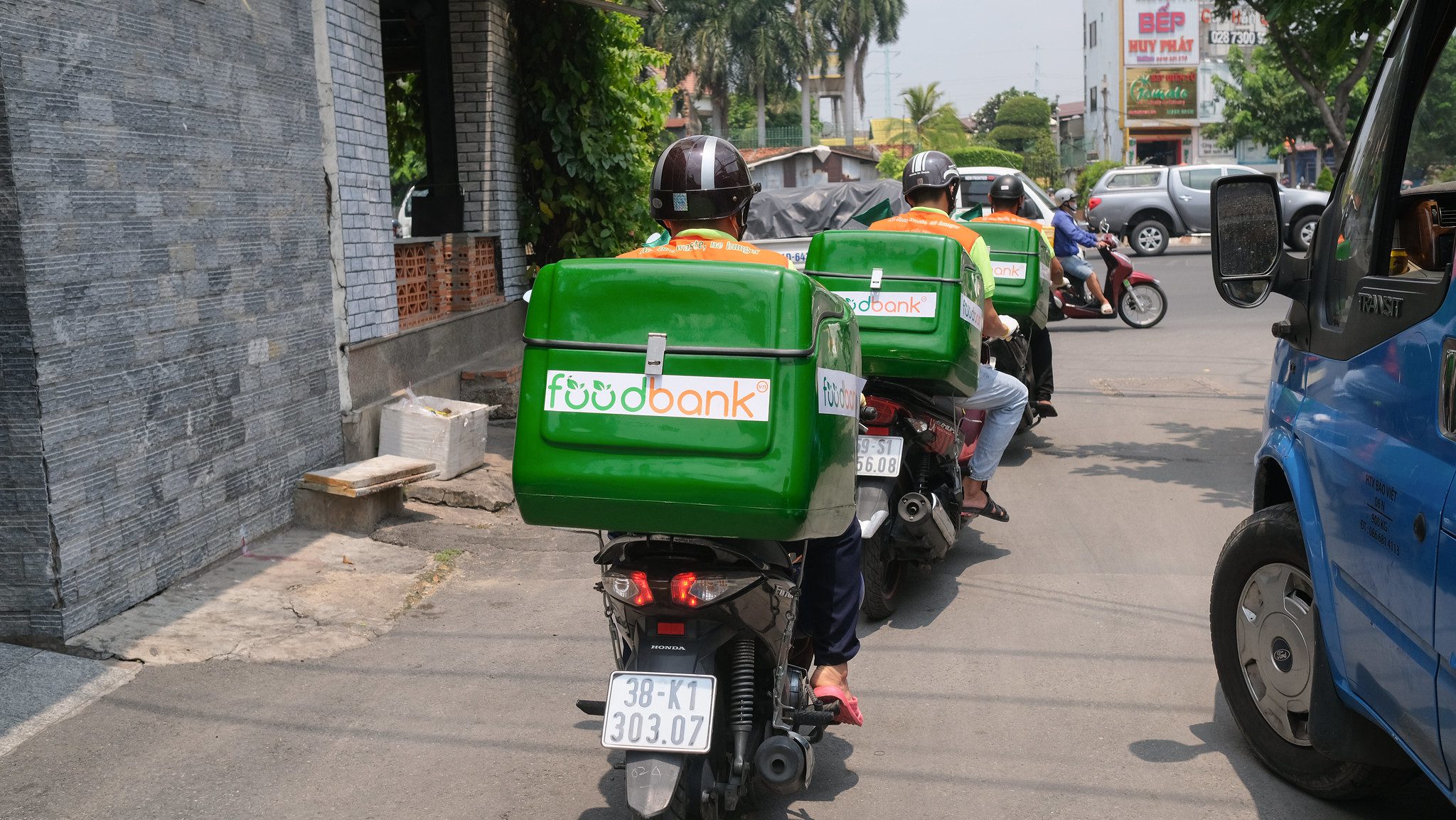
Virtual food banking allows businesses with surplus food to quickly provide that food directly to people facing hunger or community agencies that distribute food.